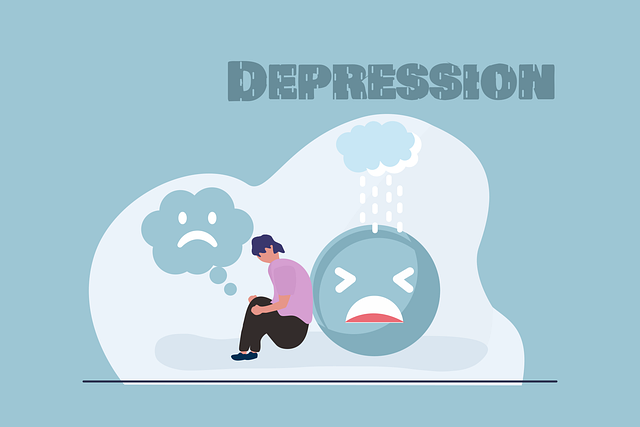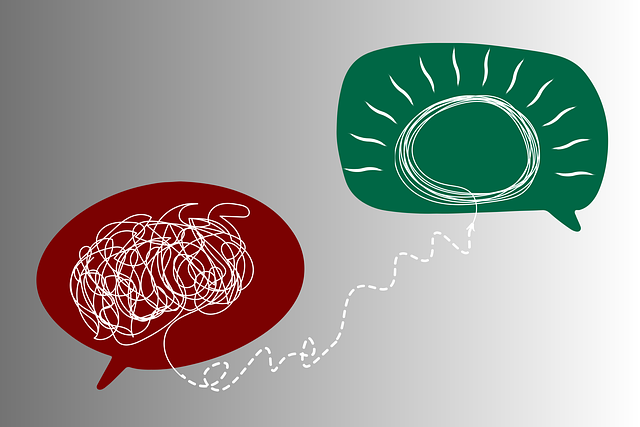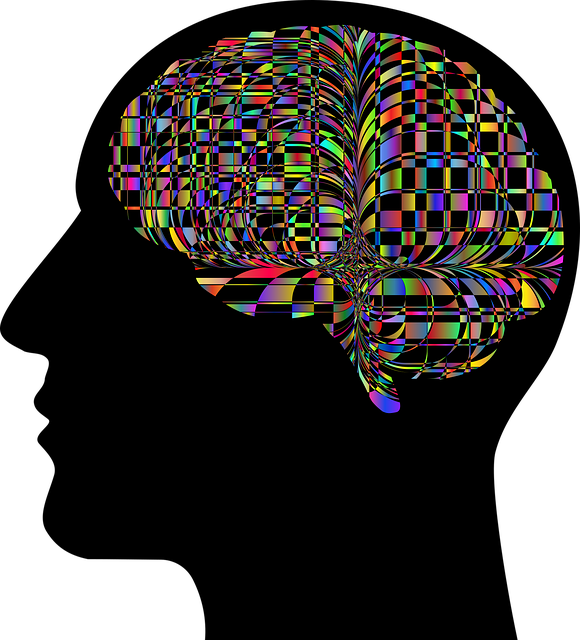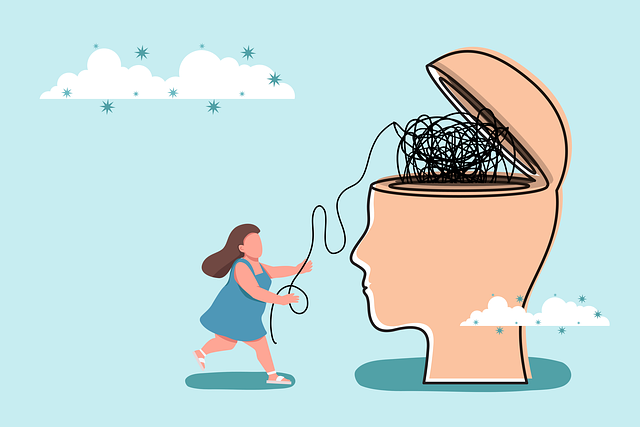Boulder German Speaking Therapy (BGST) employs both quantitative and qualitative methods to evaluate their mental wellness programs, measuring both short-term improvements (like reduced anxiety) and long-term outcomes (such as sustained positive changes). They prioritize client satisfaction and feedback, integrating it into a holistic approach that tracks progress over time. This unique blend of self-awareness exercises, regular feedback, and continuous improvement ensures BGST's programs remain effective and tailored to individual needs, setting them apart in the mental health support ecosystem.
Mental wellness programs require rigorous evaluation to ensure effectiveness. This article explores diverse assessment methods, focusing on quantifying impact through statistical analysis and qualitatively understanding participant experiences. We delve into the power of client feedback for refining programs, using Boulder German Speaking Therapy as a case study. By examining long-term outcomes, we uncover strategies for continuous improvement, demonstrating a comprehensive evaluation framework essential for optimal mental wellness support.
- Assessing Program Impact: Quantitative and Qualitative Approaches
- Participant Satisfaction and Feedback: Voice of the Client
- Long-Term Effectiveness: Tracking Progress and Adjusting Strategies with Boulder German Speaking Therapy
Assessing Program Impact: Quantitative and Qualitative Approaches

Evaluating the impact of a mental wellness program is a multifaceted process that draws on both quantitative and qualitative methods. Quantitative assessments involve measurable data such as participant surveys, pre-post tests, and statistical analyses to gauge changes in symptoms or overall well-being. For instance, at Boulder German Speaking Therapy, they might track reductions in anxiety levels or depressive symptoms among clients over time using standardized questionnaires.
Qualitative approaches, on the other hand, delve deeper into participants’ experiences, perceptions, and insights gained from the program. This can include interviews, focus groups, or narrative essays where individuals share their personal journeys and reflect on how the program has influenced their self-care routine development for better mental health. These methods provide valuable context and help identify nuanced changes, such as improved self-care practices, that quantitative measures might not capture fully. Incorporating both approaches allows for a comprehensive understanding of the program’s effectiveness in fostering mental health education programs design tailored to individual needs.
Participant Satisfaction and Feedback: Voice of the Client

Participant satisfaction and feedback are invaluable components of evaluating any mental wellness program. At Boulder German Speaking Therapy, we prioritize giving voice to our clients by actively soliciting their insights and experiences. This approach not only helps us identify areas for improvement but also ensures that our programs remain aligned with the evolving needs of our community.
Through a combination of self-awareness exercises and regular feedback sessions, participants in our workshops gain valuable tools for stress management. This dual focus—self-improvement and client engagement—is integral to the success of our Mental Health Policy Analysis and Advocacy initiatives. By listening to and incorporating the voices of our clients, Boulder German Speaking Therapy strives to create a more inclusive and effective mental health support ecosystem.
Long-Term Effectiveness: Tracking Progress and Adjusting Strategies with Boulder German Speaking Therapy

The long-term effectiveness of mental wellness programs is a critical aspect often overlooked in evaluation processes. Boulder German Speaking Therapy (BGST) takes a holistic approach to understanding and tracking progress, ensuring that their strategies adapt to the evolving needs of individuals. By implementing regular check-ins and comprehensive assessments, BGST evaluates not just short-term improvements but also the sustainability of these changes over time.
This method allows them to identify effective self-care practices and burnout prevention strategies for healthcare providers within their program. Leveraging the Mind Over Matter principles, BGST empowers individuals to develop resilience and coping mechanisms that can be sustained even beyond the formal therapy period. This long-term focus sets them apart, offering a transformative experience that resonates with participants’ ongoing mental wellness journeys.
Evaluating mental wellness programs is essential for ensuring their effectiveness, and the methods discussed—from quantitative data analysis to qualitative feedback—offer a comprehensive approach. As seen with Boulder German Speaking Therapy’s strategies, long-term tracking of progress enables adjustments that cater to individual needs, ultimately enhancing program impact. By incorporating both participant satisfaction and qualitative insights, mental health initiatives can be refined to provide optimal support and sustainable results.














